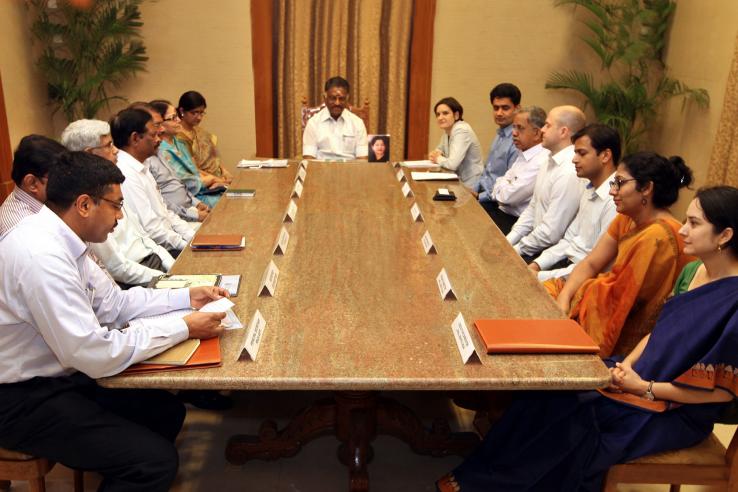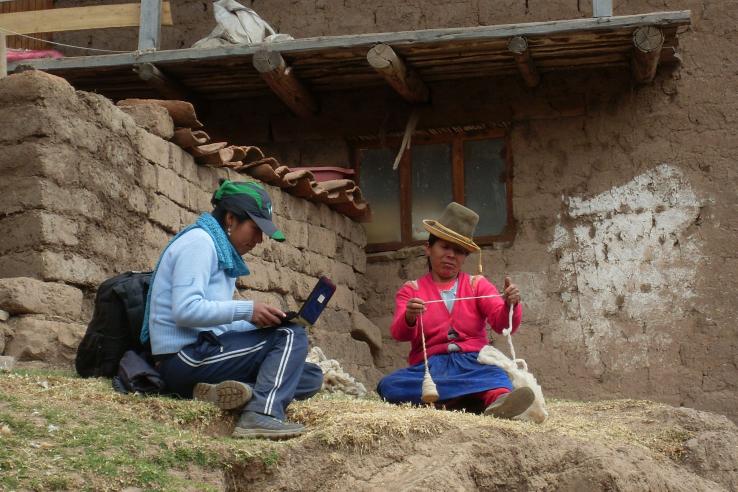Displaying 1351 - 1365 of 8491
Blog
This blog post is part two of three in a series on how state and local governments in the United States can promote upward mobility in their communities. It is part of J-PAL North America’s work to develop a learning agenda that summarizes the core research priorities from state and local...
Resource
Basic page
Resource
Basic page
Resource
Basic page
Resource
Basic page
Resource
Basic page
Resource
Basic page
Resource
Basic page
Person
Juan Manuel Hernández-Agramonte joined J-PAL's Lima-based LAC office in 2013 as a Policy Manager, conducting policy outreach and analysis with the aim of promoting evidence-based policy in Peru.
Resource
Basic page
Resource
Basic page
Resource
Basic page
Resource
Basic page
J-PAL North America’s Evidence Portal provides a snapshot of the research in North America by J-PAL affiliates and invited researchers across various social policy areas related to poverty alleviation. To date, J-PAL affiliated researchers have conducted over 265 ongoing or completed randomized...



